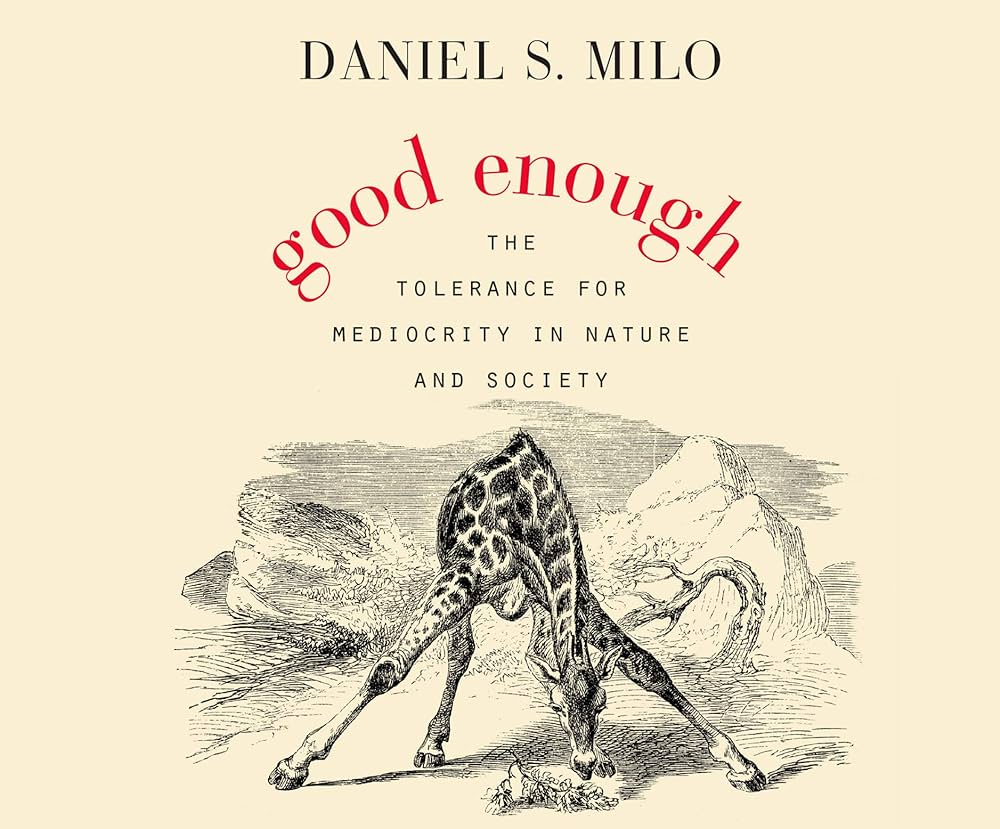
|
Daniel S. MiloGood Enough - The Tolerance for Mediocrity in Nature and Societyp. 67 |
No one has ever equated evolution with stagnation
Change is the exception in nature and conservatism the rule. “Stasis is data, stasis is data, stasis is data,” was Gould’s mantra. “Say it ten times before breakfast every day for a week, and the argument will surely seep in by osmosis.” He meant that evolution cannot reasonably be a theory of change alone, for stasis is everywhere, and this observation counts, too. Dawkins agrees: “Although evolution may seem, in some vague sense, a ‘good thing,’ especially since we are all the product of it, nothing actually ‘wants’ to evolve. Evolution is something that happens, willy-nilly, in spite of all the efforts of the replicatios (and nowadays of the genes) to prevent it happening.” In nature, stagnation is good and change is bad unless proved otherwise. We shouldn’t glean too much from Gould’s and Dawkins’s enunciation of this principle, though. They are arguably the two best-known evolutionary writers of their generation, but in practice, the discipline and its public communication are viscerally change-oriented, always emphasizing variation and not adaptation. Not for nothing is the word evolution often used synonymously with progress and development. No one has ever equated evolution with stagnation.